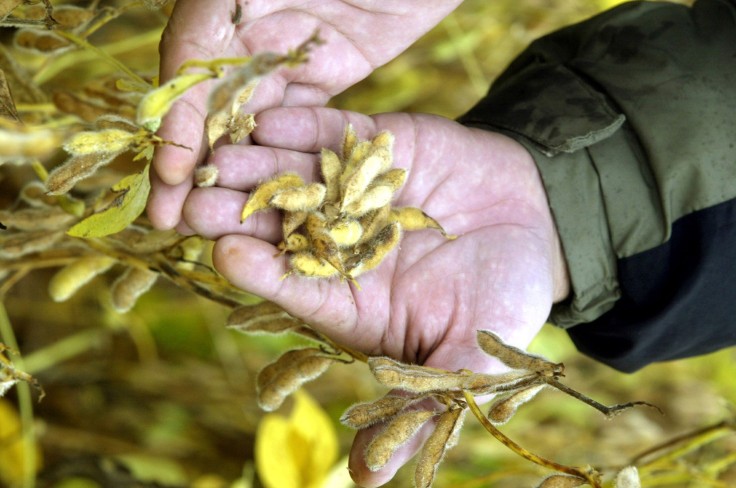Monsanto Blocked By Mexico Supreme Court Injunction Until Consultation With Indigenous Communities Occurs

Monsanto, the world's largest seed company, has been blocked from planting genetically modified soy seeds in the southern Mexican states of Campeche and Yucatan after the country's Supreme Court granted an injunction against the country’s agriculture ministry, teleSUR English reported.
The ministry, known as Sagarpa, had given the green light for genetically modified seeds to be used, but it violated the rights of local indigenous communities, which are guaranteed consultation by the Mexican constitution, the court ruled. The ban will remain in place until a consultation takes place.
“Indigenous peoples and communities in the country are entitled to be consulted in cases where impacts could be significant,” the court said in a statement. Several of the indigenous communities affected had been responsible for filing the injunction against Sagarpa.
U.S.-based Monsanto said in a statement that it respects the court’s decision and is waiting to see a full-text version of the ruling, Reuters reported.
The company had said it wanted to double its sales in Mexico over the next five years, depending on whether it could receive permits to cultivate commercial-scale genetically modified corn. In the country, 70 percent of Monsanto’s sales are made up of genetically modified corn seeds.
Mexican courts have been debating for years whether or not to allow genetically modified corn to be cultivated. Mexico is one of the largest corn producers in the world, and Monsanto and other agriculture companies say they want to sell seeds there because they boost farmers’ crop yields and allow them to use fewer pesticides. But critics contend that small farmers will get better harvests from unmodified seeds and traditional farming methods. Native seeds also better protect biodiversity, they say.
Monsanto has also faced heavy criticism for its Roundup Ready seeds, genetically modified to resist Monsanto’s herbicide Roundup, which some argue increases the need for pesticides to be used.
© Copyright IBTimes 2024. All rights reserved.





















